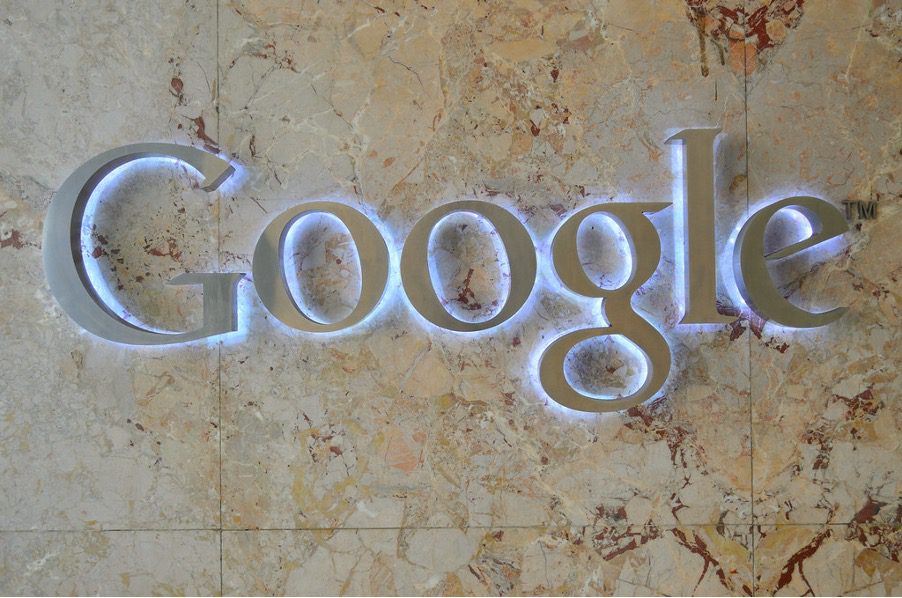Disrupting the Digital Marketing Industry, Google’s Ban of 3rd Party Cookies
On March 3rd Google revealed that it plans to ban third-party cookies from their ad networks and chrome browser by 2022. But what does this change mean for the user? How will our online behaviour be tracked and targeted in the future? Read on to find out.
What are third party cookies?

Third-party cookies are used by advertising companies for cross-site tracking, retargeting and ad-serving (Wlosik & Sweeney, 2018). Data is an increasingly important commodity. Indeed there is even speculation that it may become a currency of the future (Deloitte, 2013).
With Google banning such cookies, consumers are hopeful that some of their privacy has been restored. Does this finally mean no more endless agreements before you enter a new page? No more of our activity being tracked across the internet and our data being collected? Well, not quite. While this is more than a welcome change to the industry, it does not mean that Google will stop collecting individual data nor does not mean that your data won’t be used in ad targeting.
Why is Google making the change?
The company announced the change to address consumer’s growing concerns on Google’s collection and distribution of users private data to third parties and other browser services. As of 2022, the company will no longer support third-party cookies on their servers and have agreed not to build alternative identifiers to track individuals. Undeniably a substantial promise from the internet’s biggest advertiser. Of course, in promising this Google know that they will not be losing any revenue from their advertising services. In fact, by phasing out third-party data sources the data held by Google themselves becomes more valuable.
Is this move a win-win for Google and the consumer?
I believe it is although I would remain cautious. While Google will certainly benefit from the move not all of consumer’s privacy concerns have been addressed. Cookies will eventually be phased out and replaced by Google’s FLoC or Federated Learning of Cohorts. Although FLoC may not sound as fun as cookies does, it is said to be a technology that will prevent individual tracking while still delivering promised results for advertisers. FLoC will keep track of browsing habits but will not sell such information on an individual basis. Users will be repackaged into cohorts with others that display similar behaviour and habits. After the move advertisers simply target these cohorts instead of the individual consumer.
“People shouldn’t have to accept being tracked across the web in order to get the benefits of relevant advertising. And advertisers don’t need to track individual consumers across the web to get the performance benefits of digital advertising”
David Temkin, Google Director of Product Management, Ads Privacy and Trust (Temkin, 2021)
The Verdict

This is by no means an end to consumer’s privacy concerns. However, the move builds on previous Google security and privacy considerations when they added a ‘Not Secure’ tag to any website that has not implemented HTTPS. Eliminating third-party cookies takes away a significant amount of individuality in ad targeting, and with increasing regulatory pressures on the advertising industry more changes like this will be welcomed with open arms in the future.
References:
- Bindra, C., 2021. Building a privacy-first future for web advertising. [online] Google. Available at: <https://blog.google/products/ads-commerce/2021-01-privacy-sandbox/> [Accessed 16 April 2021].
- Deloitte (2013): Data as the New Currency: Governments Role in Facilitating the Exchange– Deloitte Review, (13) pp 18-31.
- Temkin, D., 2021. Charting a course towards a more privacy-first web. [online] Google. Available at: <https://blog.google/products/ads-commerce/a-more-privacy-first-web/> [Accessed 16 April 2021].
- Wlosik, M. and Sweeney, M., 2018. First-Party & Third-Party Cookies: What’s the Difference?. [online] Clearcode | Custom AdTech and MarTech Development. Available at: <https://clearcode.cc/blog/difference-between-first-party-third-party-cookies/> [Accessed 16 April 2021].





Recent Comments